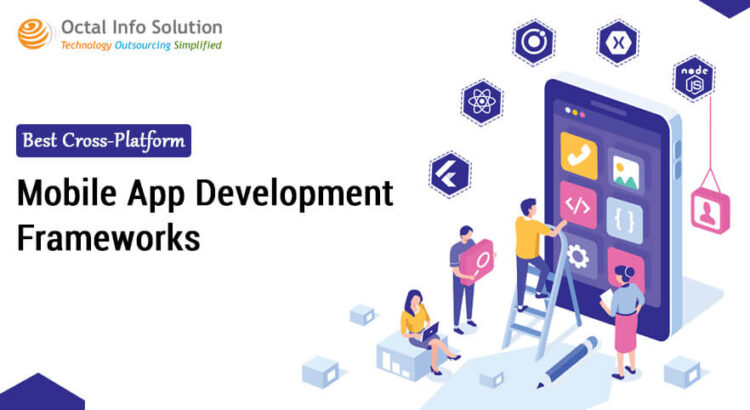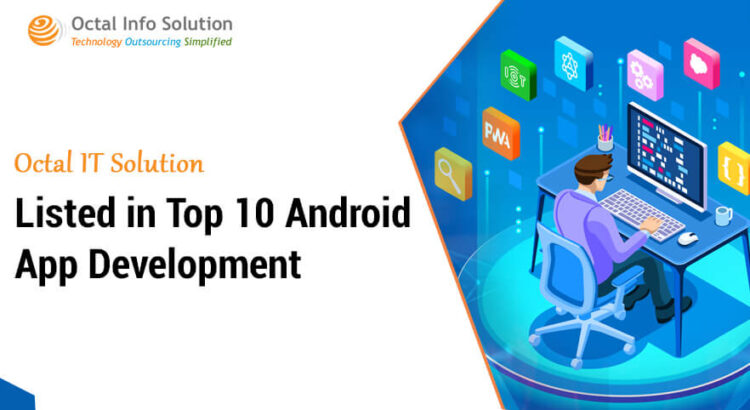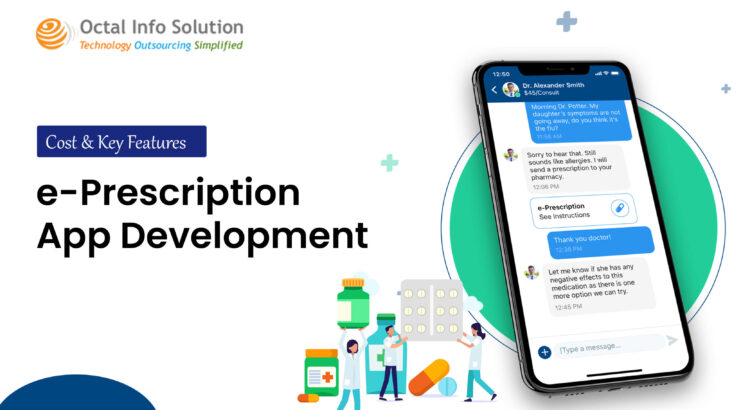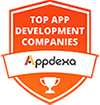Whether your organization needs to create mobile applications for some project or internal purposes, you have to make sure that it is functional for multiple platforms. The market also demands the applications to be compatible with multiple platforms, especially Android and iOS. In this scenario, how do you resolve the issue? Before deciding, you have to keep the cost, functionality, and time of Cross-Platform Mobile App Development.
Native applications do not work on multiple platforms and are also a bit higher on budget. It is here that cross-platform applications can provide you with the desired solution.
Cross-platform applications can run on any type of platform. This is a new innovative method for building a robust and effective application. These applications can boost your business to its glory.
In the real world, there are a lot of emerging small businesses that need cost-efficient strategies. Every business model these days requires an app to be famous and successful.
In this blog, you can see how the cross-platform is playing an affirmative role in the development of mobile apps. So, if you want to make a cross-platform app then you must choose a good platform.
Market Stats for the Cross-Mobile Apps in 2021
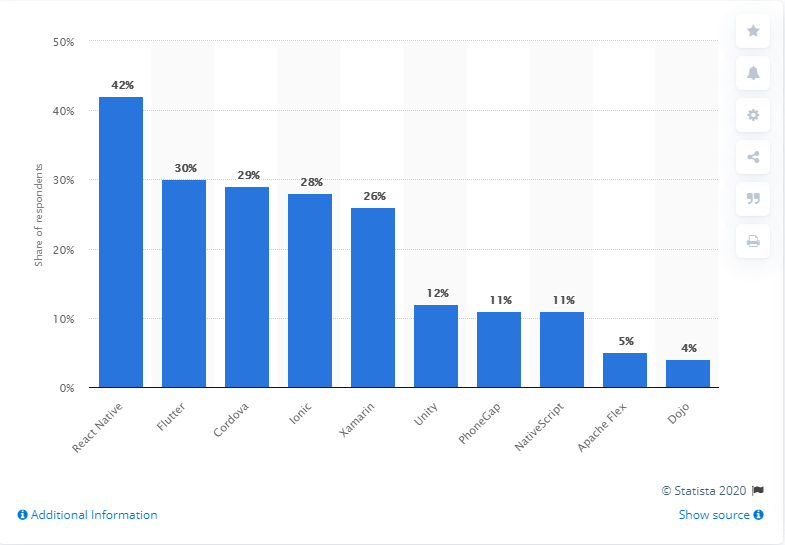
- In the first quarter of 2021, more than 4M apps flooded the Google Play Store, while Apple App Store had more than 2.2M apps available on its platform.
- In 2020, 24M developers were present across the world, with an annual salary of 41k USD.
- Flutter is the most widely used framework for cross-platform mobile app development according to the survey conducted by Statista.com, with a presence of 42% of the total in the global market share.
- Singapore is confirmed as one of the top segments in the Asian market. Applications like TikTok, Shopee, Bigo are the best examples, which contain a large customer base presence in the industry.
The cross-platform app frameworks are one of the most necessary things when it comes to app development so you should choose it wisely because it does matter a lot on your whole project transformation.
Best Cross-Platform Mobile App Development Frameworks
Here are the 10 best cross-platform development frameworks we have arranged for you to choose from.
1. Ionic: One Codebase, Any platform
Ionic is one of the most reliable cross-platform frameworks when it comes to mobile app development. It is a popular tool involved in the development of hybrid mobile apps for different smartphones running on different operating systems. It’s an enterprise-level framework and you can make a complicated business app that requires more security and dynamics.

Ionic works on various technologies like HTML5, CSS3, JavaScript, and SASS. This can be termed as an open-minded & intuitive hybrid mobile app development framework capable of creating alluring and effective interfaces for your app. The best feature is that it uses one code base for developing the app.
You can develop the enterprise-level business into a personal app with this innovative and interactive framework. You would be automatic including some elements of JavaScript, CSS, and other additional libraries so your app looks more agile.
Why use Ionic?
It is one of the most recognized and acknowledged cross-platform frameworks and has a global community. It has over 5M Programmers in over 200 countries. It is one of the most futuristic frameworks. So, building an app with Ionic makes your app future-proof. It is considered one of the best frameworks when it has the use of the world wide web.
The best thing is that Ionic is an open-source SDK and so anyone can contribute and make it even better and it also provides it with many libraries and plugins. It is therefore used to make the best cross-platform progressive apps.
Read Also: Top 10 Mobile App Development Companies in Singapore
2. React Native: A JavaScript Library Framework
React native is one of the best frameworks for mobile app development cross-platform. It is efficient in making Android and iOS applications. It is mostly used for creating runtime and user interfaces. It is based on JavaScript which adds to its advantage. It is used to make fast and efficient programs and apps which work on different platforms.
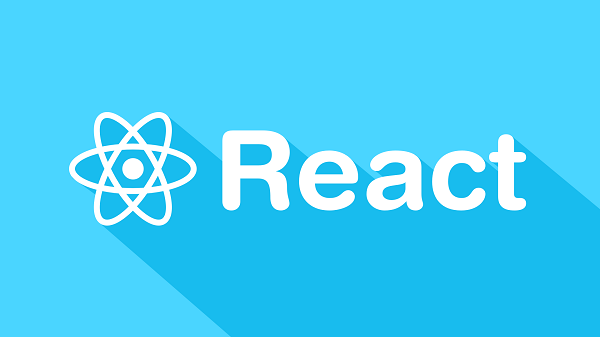
Why should one choose React Native?
You should choose React Native because it provides you with the box developer experience for both iOS and Android development. It is much easier to handle than any other framework. It is fast, accurate, and has all the good qualities of JavaScript. It is much better when it comes to other development frameworks.
3. Adobe PhoneGap: Unmatched coding excerpts
Adobe PhoneGap is a cross-app system that allows reusing the current web development properties for the creation of a hybrid application. You can easily create an application for Android, iOS, and Windows.
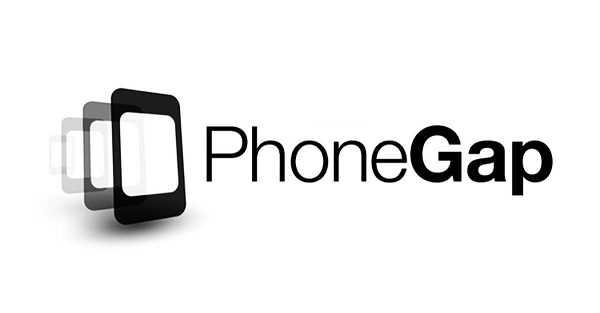
Why build with Adobe PhoneGap?
It has a customized and dedicated user interface and is one of the fastest frameworks to develop an app without the use of the command line. It utilizes some small size programs to connect various devices locally for the development process. It also lets you check the code without recompiling or reinstalling it. You don’t have to worry about maintaining native SDKs (Software Development Kit).
4. Xamarin: Array of advanced features oriented APIs
Xamarin is famous for its cross-platform user interface libraries. It enables you to write cross-coding, runs on multiple platforms like iOS, Android, and Windows. It uses C# and .NET languages, also known as one of the C# bindings to native iOS and Android APIs. It is very effective and provides you the opportunity to harness the power of Android and iOS native user interfaces.
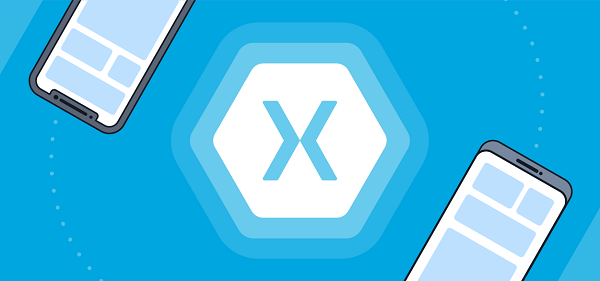
Why choose Xamarin?
It provides you with a single codebase system and a single stack which saves your time in development. The codes are usually developed with Visual Studio. Xamarin used shared codebases used for specific platform terminology. Various APIs and data structures are all wrapped in a .NET container which is then given cross-platform capabilities.
Uses a shared codebase that takes conventionally less time in rewriting, translating, or recompiling the code before running it on various platforms.
Xamarin offers a hassle-free experience and you can simply convert a good desktop app into a mobile app or vice versa without giving much effort. It handles upgrades seamlessly.
5. Flutter: Marked as Top Cross-Platform Framework
Flutter is an open-source cross-platform for mobile application development services created by Google and was released in May 2017. Google revealed that more than half of the million developers are using this open UI framework for building aspirational products for the users. It can be used to develop an application for Windows, iOS, and Android. Flutter uses Dart language and its advanced features.

Why choose a flutter framework for app development?
Flutter engine mainly uses C++ and provides low-level rendering which is fast and efficient. Flutter engine also provides a portable runtime environment for hosting its apps. It provides you with special features like hot reload which can make possible modifications even at the time of running the application. So, it saves time and you can instantaneously change code even while in runtime, and without any hassle to compile, you can run it.
6. Node.js: Famous for Unique Attributes and Efficiency
It is one of the cross-platform based on V8 frameworks which is Open source and server-side scripting. It can easily convert high-level languages like JS into a general-purpose language. V8 framework helps to convert the machine code in a super-fast way. It has a vast presence of libraries and modules. It provides great responsiveness for the new developers of cross-platform app development companies.

Why choose Node.js?
- Developers are using the topmost tools for the development of cross-platform apps like Socket.IO, Express.JS, PM2, Babel, and Meteor.
- Due to the presence of the V8 framework the compilation and the interoperability speed are increased to a higher extent.
- It is efficient to handle all the code in the fast run time so it greatly handles the slow requests.
Read Also: How Much Does It Cost to Create a Mobile App in Singapore?
7. NativeScript: Diversity of Execution
NativeScrit is the language based on the Java platform, supporting Vue.js and Angular.js using the TypeScript language to handle. Using NativeScipt language the developers need not install unwanted extra plugins or any other APIs. The code here is platform-independent so can be compiled anywhere. It contains local APIs in the simulator to run code.
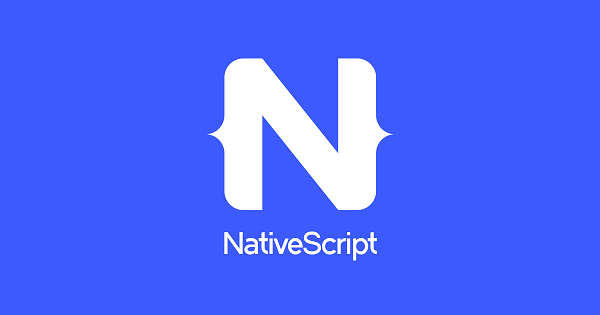
Why use NativeScript?
- Developers used the CLI NativeScript tool for application development.
- The greatest USP is it comes with the inbuilt APIs to avoid the use of third-party APIs.
- It has a beautiful platform for the design of the app, which previews the designs without the WebView emulator.
- Cocoapods and AndroidArsenal are the native libraries used by the developers for the extensive use of coding inside the NativeScript.
8. Corona SDK: Hot pick for the mobile app developers
CoronaSDK is a fast efficient multiprogramming language especially designed for the hybrid platform. These highly customized languages are designed for faster graphics deployment, for 2-D mobile apps. CoronaSDK supports increased execution time of mobile apps. It is an open-source language, lightweight, and works for multiple workflows, like Luna. Luna integration enhanced the programming time of the CoronaSDK.
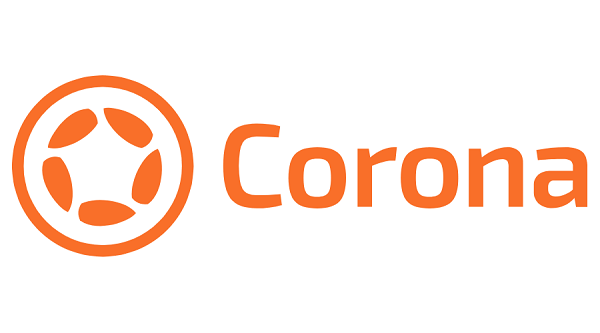
Why go with Corona SDK?
- Development tools like android studio, Xcode are used by the developers for the better run time and coding efficiency to the developer.
- Corona SDK is widely accepted by various platforms including iPads, desktops, and smart TVs.
- Its simulator gives the ability to make the changes in the run time without hassle to deploy the old code in some other platform and then edit the changes later. The changes are automatically changed by themselves.
- Plugins like social media sharing, real-time analytics, in-app advertising, and many other things make the corona SDK environment well capable.
9. Sencha Touch: Framework with remarkable presence for SMEs
If you are the one who wants to develop the app while keeping in mind the hardware techniques then Sencha Touch is the one for you. It consisted of Cordova integration with the languages like HTML, CSS, Javascript, HTML5 for performing its wide presence over the platforms like Android, iOS, Android, and others. Those who work on the Sencha touch platform know about the internal design elements and feel it gives to the developers.

It contains tons of features including widescreen layout, animations, smooth scrolling functionality, astonishing user experience, faster speed, and many more.
Why choose Sencha Touch?
- The developer used the sencha app inspector tool for the programming.
- It consists of a wide range of 50+ in-built features and adds-on, rich UI and VXI effects, widgets, etc.
- It has a wide collection of libraries and data packages.
10. Appcelerator Titanium: Faster cross-platform app development framework
This is known for the faster app development using open-source APIs. It was first released in the year 2008 and consists of a wide range of libraries and frameworks. Its simulator is very fast and able to deploy plenty of modules into its models. Its database is ArrowDB and has an array of pre-built connectors MS SQL, Salesforce, Azure, and Box.

Some of the core features it has are an MVC-based alloy framework, UI accessing native API, and device functionality.
Why use Appcelerator Titanium?
- Development tools used are AMPLIFY and Appcelerator CLI.
- Have various app frameworks.
- Integration of different delivery systems.
- It has a vast community of 200k developers.
- Easy cross-platform interaction.
Cost estimation for Cross-Platform Mobile App Development
Cross-platform app development costs mainly depend on its complexity, features, tech architecture, team requirements, and region. The basic cost for the development of the app would lie around $30k-$40k for both the Android and iOS platforms. But, if you want to go for the advanced features-based mobile app, it will cost a little more than $60k due to the increased level of features and the technologies.
Conclusion
Before opting for a platform to develop the mobile app, you must thoroughly research all of the components. Mobile applications growth has widened recently, henceforth the usage and the dependency also have increased. While researching your requirements you first have to choose between Native vs Cross-platform app development. If you want to go for the cross-platform then, you have to understand the above frameworks in the cross-platform. The best mobile apps in the market are embedded with a bunch of features and the latest technologies for the overall pace of the mobile app.
These 10 app development platforms are the most chosen ones and they are widely supported and used by many programmers for creating mobile apps. You must choose an app framework that best fits your needs & budget. Connect with Octal Info Solution for more on the development of the cross apps.


